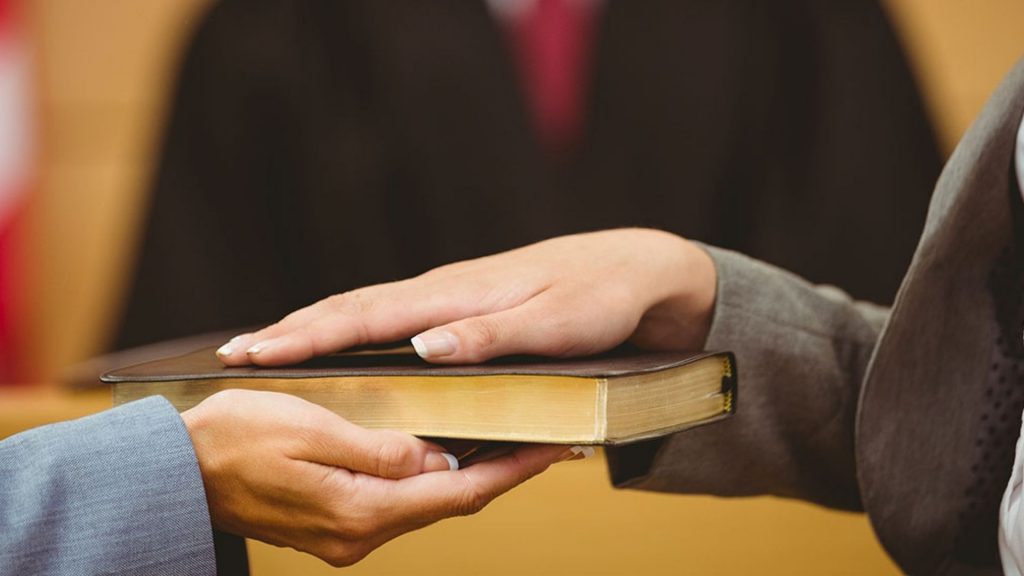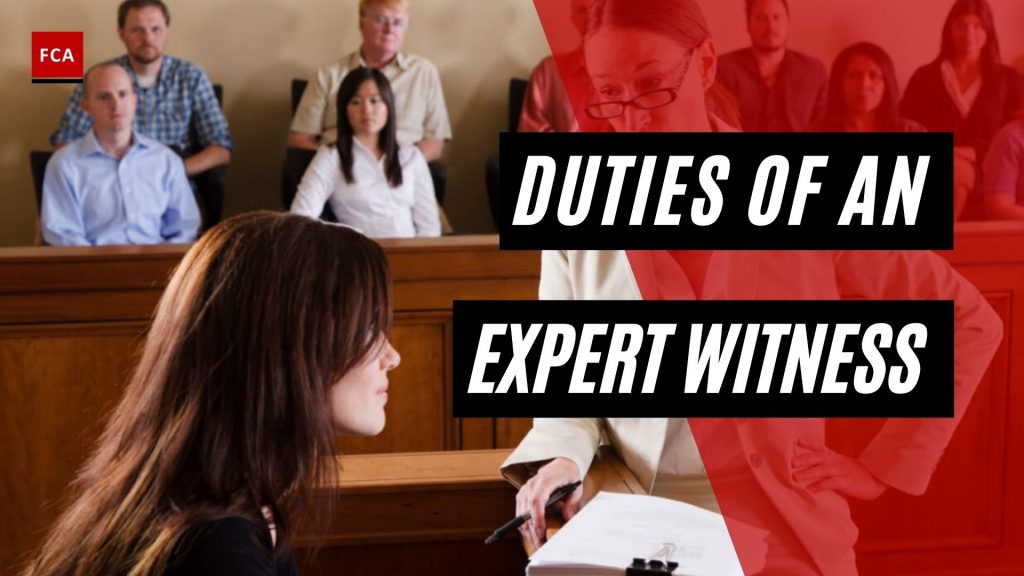The duties of an expert witness. The primary duty of an expert witness is to the court. This overrides any obligation to the instructing and paying party or parties. Expert evidence should be independent, objective, and unbiased. In particular, an expert witness must not be biased towards the party responsible for paying his fee. In providing a written report and oral evidence, the expert should be truthful as to fact, thorough in technical reasoning, provide his honest opinion and ensure that the report is complete in its coverage of relevant matters.

Duties Of An Expert Witness
The duties an expert witness owes to the court may sometimes conflict with those he owes to the client. The most obvious example is when the expert’s conclusions contradict the client’s case. If the client seeks to put pressure on the expert to alter his or her report or suppress the unfavorable opinion, the expert witness must resist such pressure and, if necessary, terminate their appointment.
An expert witness should also not ignore information that may come to light that damages their client’s case. There is always the risk that the other side will also be aware of it. The expert’s duty to the court requires that his or her evidence is complete in its coverage of relevant matters.
The expert witness should consider that his or her overriding duty to the court also assumes responsibility for his client. Therefore, he or she should carry out his investigations with due care and provide opinion evidence that is soundly based. Thus, the expert should only undertake instructions that he is qualified enough to carry out and only offer opinions that are within his area of expertise. If a matter is outside his or her expertise, he or she should state this.
The expert witness is required to set out all material instructions in his expert report. These instructions are not protected by privilege. Where a party has instructed an expert before issuing proceedings, if that expert is then appointed as an expert for the court proceedings, the instructions provided before the commencement of the proceedings will usually be protected by privilege from disclosure to the other party. However, to ensure that such instructions are not disclosable, new instructions should be provided to the expert.
The Extent To Which An Expert Witness Can Help
When asked how experts can assist in analyzing the strengths and weaknesses of a pending case, Malcolm stated that witnesses can be quite helpful in this regard; however, parties should exercise caution when “consulting experts” also create an expert report.
“An expert in a consulting or advisory role may be able to take an advocacy position, such as advising the client on the most advantageous calculation methods, the benefits and drawbacks of various options, and estimating preliminary high and low ranges of losses.” Such advocacy, however, should not include the preparation of an expert report that must be impartial and balanced.”
Malcolm added that experts should be brought in early in the process because they can help reduce litigation costs by quickly determining relevant information.
Final Thoughts
An expert witness is not required in every case; however, when used properly, these men and women can be extremely useful. An expert witness can assist in assessing and identifying different types of damages, as well as preparing a preliminary estimate of those damages. This will assist the parties involved in determining whether the damages necessitate or indicate the need for litigation.
Expert witnesses can also assist in determining which documents should be requested and then determining whether those documents were relevant to the situation. They can then assist attorneys in developing interrogation, deposition, and legal testimony questions.









